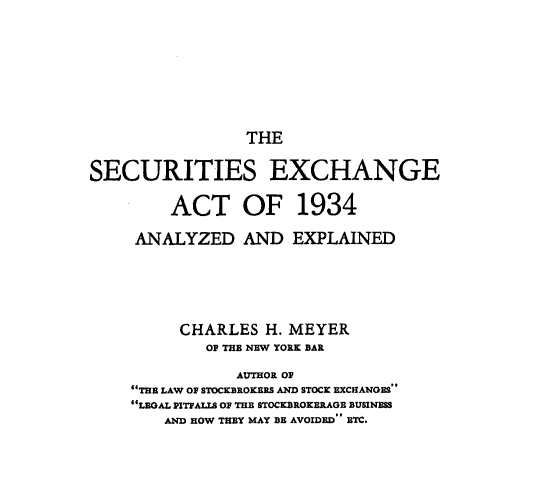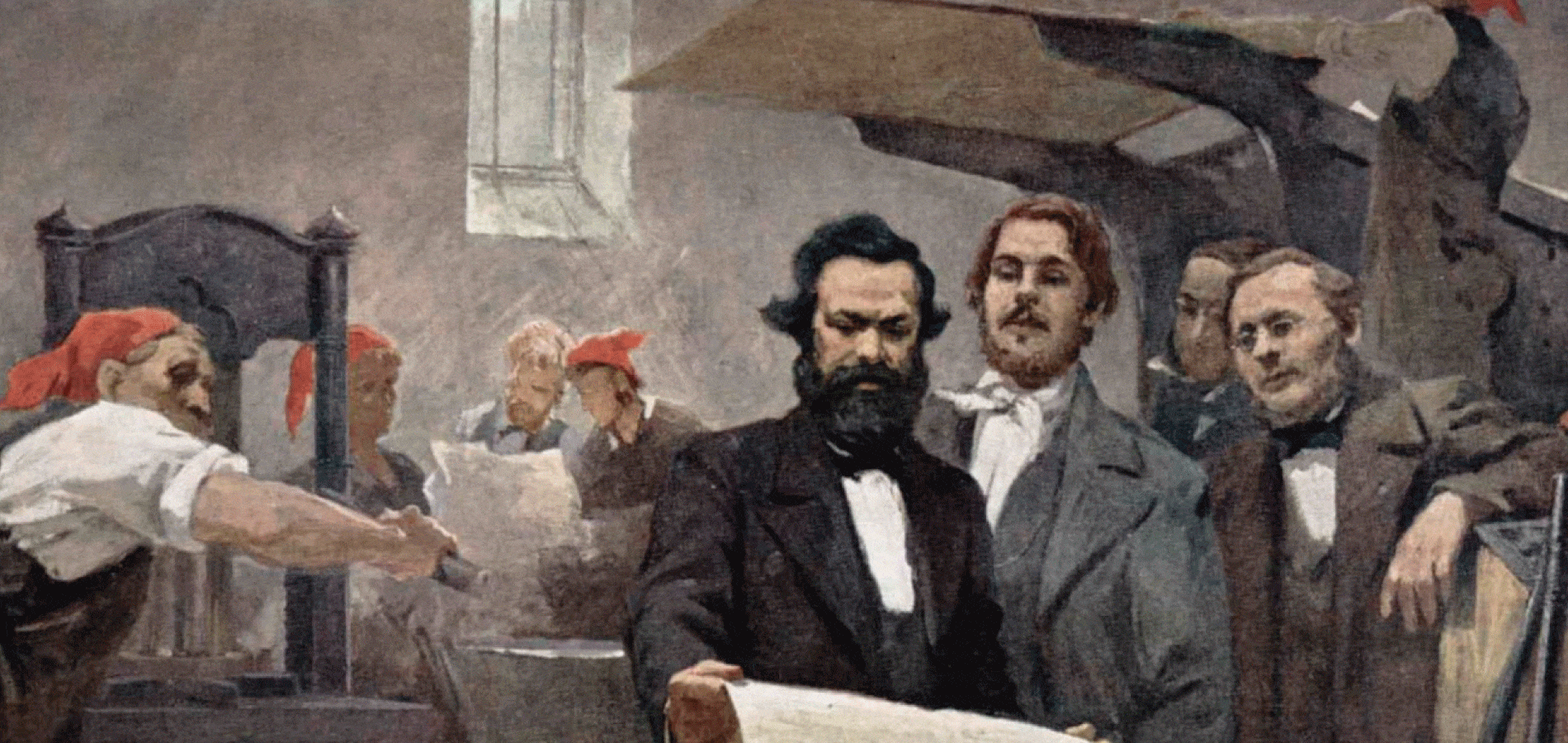In a David and Goliath story for the modern era, at-home Reddit-browsing retail investors have taken on the investment firms of Wall Street—and the Redditors, up until recently, were winning.
Gaming GameStop for All It’s Worth (and More)
If you are or were a video game enthusiast, you may be familiar with GameStop, an American video game, electronics, and gaming merchandise retailer. As online game services such as Xbox Live, Playstation Network, and Steam have risen in popularity, the market for physical game retailers has been in steep decline. Over the past six years, GameStop has subsequently been losing money. Not surprisingly, its stock plummeted.
Pivot to the investment firms of Wall Street who, with billions of dollars at their disposal, stood ready to take advantage of GameStop’s steady fall. To do so, these investors borrowed GameStop (GME) shares and sold them, hoping that as the company kept declining, they could buy the shares back at a lower price and return them. In these “short sales,” the firms would theoretically pocket the difference.
Just by nature of selling so many shares in this way, the price of GME was driven down. The more these firms “shorted,” the more they saw the potential for profit, and eventually they shorted well over 100% of available GME stock—so many shares that there weren’t even enough left in circulation to pay back their lenders (an extremely risky, legally questionable, and some might say outrageously greedy practice).
A New “Occupy Wall Street”?
Enter r/WallStreetBets—a Reddit message board dedicated to discussions about stock and option trading. Recognizing the staggering amount of GameStop shorts, frequenters of the subreddit called upon each other to buy GME and push its value “to the moon” (insert multiple rocket emojis here). And they did!
In the past two weeks, GME’s price has gone up from approximately $40 to $440—though as we write this sentence, however, it’s still rapidly increasing. Now it’s $450. $460. $480. Meanwhile, many others are hopping on the GME train (including, it appears, Tesla CEO Elon Musk).
Gamestonk!! https://t.co/RZtkDzAewJ
— Elon Musk (@elonmusk) January 26, 2021
The result? Those large investment firms that borrowed and sold GameStop shares are now at an incredible loss when they have to pay those shares back … and their time is up. As the price keeps climbing, “the man” on Wall Street is losing, billions of dollars at a time. One of these “Goliaths” has already fallen—Citron Research announced Wednesday that they were exiting GME at a 100% loss.
What can Wall Street do in the face of a social media market takeover? Some Wall Street higher-ups as well as media outlets are calling the activity on r/WallStreetBets “market manipulation.” In turn, many Redditors are pointing out that Wall Street’s outrageous short-selling was market manipulation in the first place. Just check out this tweet from Congresswoman Alexandria Ocasio-Cortez on the subject:
Gotta admit it’s really something to see Wall Streeters with a long history of treating our economy as a casino complain about a message board of posters also treating the market as a casino
— Alexandria Ocasio-Cortez (@AOC) January 27, 2021
Now, at the time of writing this blog post, popular trading app Robinhood has disabled the buying feature for GME shares and other similar targets due to their volatility. As word spreads, many on social media are up in arms, claiming that allowing people only to sell is “the definition of market manipulation.” As expected after this announcement, GME’s price is already falling. We’re at $330 now.
Understanding Market Abuse and Regulations
The volatility of the market here is unprecedented (aren’t we tired of this word yet?), especially when one considers the fact that it was primarily fueled by an army of Reddit memelords. Let’s question whether any of this activity is actually market abuse by diving into the history of market regulation with HeinOnline.
Brief History of Securities Law
The “Roaring Twenties” were characterized by a post-World War I economic surge, leading to a sharp increase in materialism, pursuit of pleasure, and living in excess. People from all backgrounds were able to create personal wealth, instead of inheriting it, leading to an increase in investment, and as a result, many uninformed investors. Economic optimism led brokers, bankers, and others to trade shares between themselves, driving up prices. Despite warning signs and recommendations against excessive speculation from the Federal Reserve, share prices on the New York Stock Exchange ultimately crashed in a major way in October of 1929, ushering in the Great Depression.
Congress quickly moved on legislation to protect investors. The Securities Act of 1933, the first major legislation regarding the sale of securities, was passed with the goals of ensuring full disclosure to shareholders (allowing for more informed investment decisions) and to establish regulations about misrepresentation and fraud in the market.
A year later, another landmark piece of legislation was passed to address lack of enforcement on the first. The crash had destroyed market confidence, and the Securities Exchange Act of 1934 was one of President Roosevelt’s ways of restoring it. In addition to providing a foundation for financial regulation in the United States, the act established the U.S. Securities and Exchange Commission (SEC), the primary enforcer of U.S. federal securities law. Read an analysis and explanation of the Securities Exchange Act here.
The SEC not only works with the Justice Department on cases of financial crime, but can also itself bring civil actions against individuals or entities. These days, the Commission is involved in every major case of financial misconduct in some shape or form. Notably, the SEC helped prosecute the financial institutions responsible for the Great Recession of 2008, though many have stated that it did not do nearly enough to prosecute the responsible higher-ups on Wall Street.

Since the passage of the act, several additional laws have been passed to supplement and support the mission of the SEC:
- Trust Indenture Act of 1939
- Investment Company Act of 1940
- Sarbanes-Oxley Act of 2002
- Dodd-Frank Wall Street Reform and Consumer Protection Act of 2010
Legislative histories for these acts can all be found in HeinOnline’s Taxation & Economic Reform in America: Parts I & II database.
Market Manipulation and the Law
The U.S. Securities Exchange Act defines market manipulation as “transactions which create an artificial price or maintain an artificial price for a tradable security” and explicitly prohibits the practice. Yet, as Fox, Glosten, and Rauterberg state in “Stock Market Manipulation and Its Regulation,” economists, lawyers, legal scholars, and regulators have long been confused by one critical question—can trading activity alone be considered illegal manipulation under federal law?
Without any crystal-clear signals of manipulative behavior (like blatantly buying a stock just to push the price up, and then selling it), it could be next to impossible to pinpoint any wrongdoing on the part of r/WallStreetBets contributors. In the meantime, White House press secretary Jen Psaki told reporters on Wednesday that President Biden’s economic team, including Treasury Secretary Yellen, is monitoring the situation. The Securities and Exchange Commission has said the same.
Meanwhile, several political figures are calling for more regulations and Congressional investigation—but not into Reddit’s side of things, as Wall Street hoped, but rather into the trading apps and the Wall Street firms themselves. Senator Elizabeth Warren released a statement calling on the SEC and other regulators to “wake up and do their jobs” to regulate the hedge funds, firms, and others treating the market like a “personal casino.” Regarding Robinhood’s decision to restrict trade capability on particular stocks, Congresswoman Alexandria Ocasio-Cortez had this to say:
This is unacceptable.
— Alexandria Ocasio-Cortez (@AOC) January 28, 2021
We now need to know more about @RobinhoodApp’s decision to block retail investors from purchasing stock while hedge funds are freely able to trade the stock as they see fit.
As a member of the Financial Services Cmte, I’d support a hearing if necessary. https://t.co/4Qyrolgzyt
As of this blog post, at least one class-action suit has been filed against the trading platform and a bipartisan effort has begun in Congress to hold hearings regarding Thursday’s trade freeze.
What Happens Now?
The stock market is a complex system, one which can normally be explained by basic economic principles. However, as this now-legendary Reddit v. Wall Street battle demonstrates, theory is easily thrown out the window when something is powered so strongly by human decision—and we humans are easily swayed.
With such fickle fuel, all sorts of scenarios are possible. GME stock could plummet out of existence, or it could persevere on its its rocket ride to the moon and beyond. One thing is certain—this kind of volatility has the potential to shake confidence in the stock market entirely.
TERA: A Taxation and Economic Reform Database
Continue your research with HeinOnline’s Taxation & Economic Reform in America archive, bringing more than 300 years of relevant legislation to your fingertips. Search across hundreds of regulations, laws, legislative histories, CRS reports, hearings, and more dating back to 1700.
Dig into the Economic Reform section to find information tracking the state of the U.S. economy from the worst of times during the Great Depression to contemporary economic reforms such as President Obama’s Budget Control Act of 2011 and STOCK Act of 2012. Find landmark reforms from critical times in U.S. history, including all relevant legislative histories from legislation following the Stock Market Crash of 1929.
Featured in this database as well is the complete Carlton Fox Collection, the largest collection of legislative histories relating to Internal Revenue laws, 100,000 pages of bankruptcy-specific legislative histories, hundreds of classic books, Tax Foundation Archive Publications, and more. Lastly, a rich collection of law review articles relating to economic legislation provides supplementary commentary and discussion to these primary sources.
Access the database within your subscription via the link below, or evaluate the resource by requesting an organization trial or quote today.



